TRAVEL
Airline launches fast-track training program to close US pilot shortage gap and relieve travel chaos
Published
2 years agoon
Airline launches fast-track training program to close US pilot shortage gap and relieve travel chaos
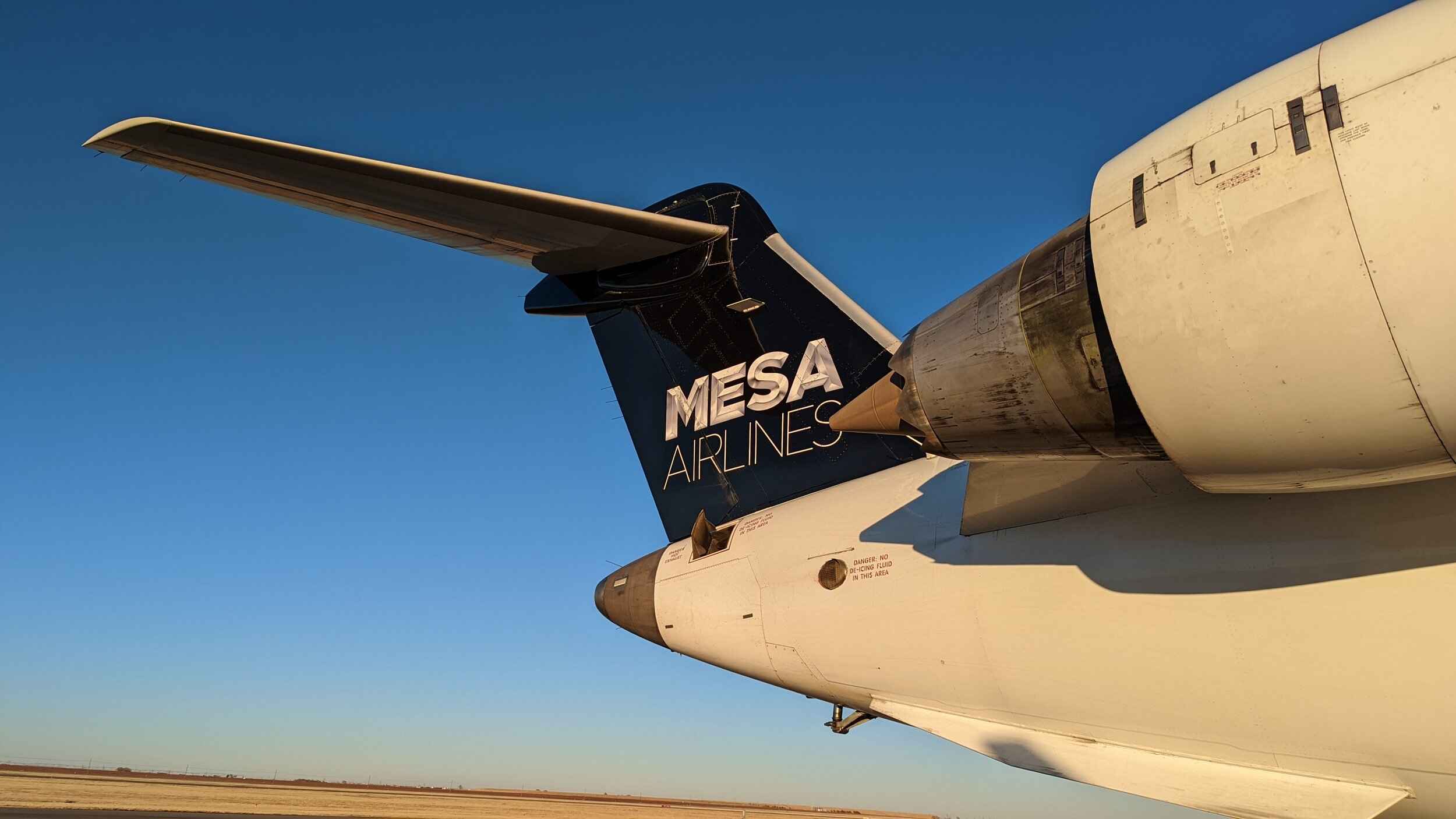 Source: Mesa Airlines
Source: Mesa Airlines
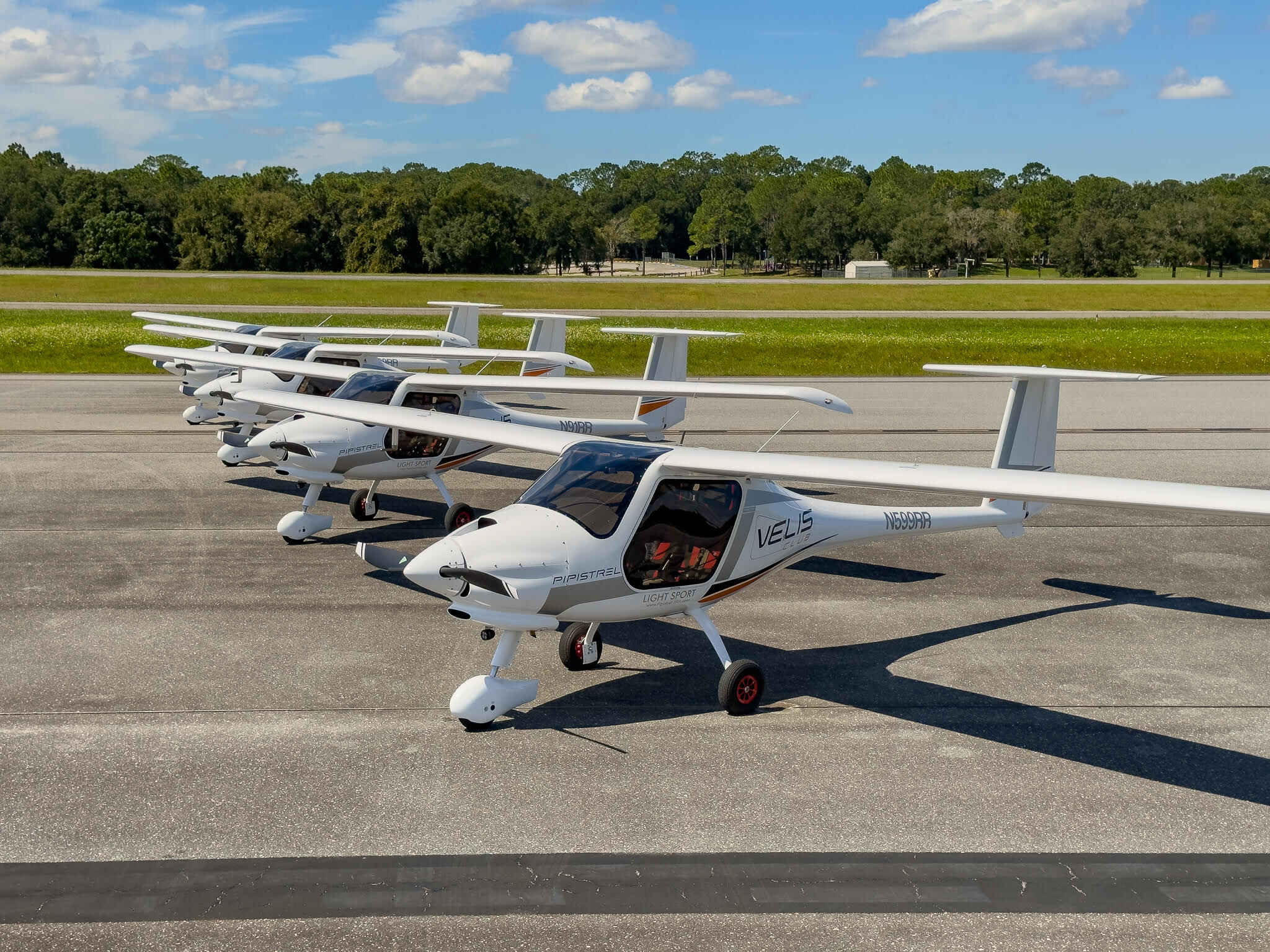 Source: Mesa Airlines
Source: Mesa Airlines
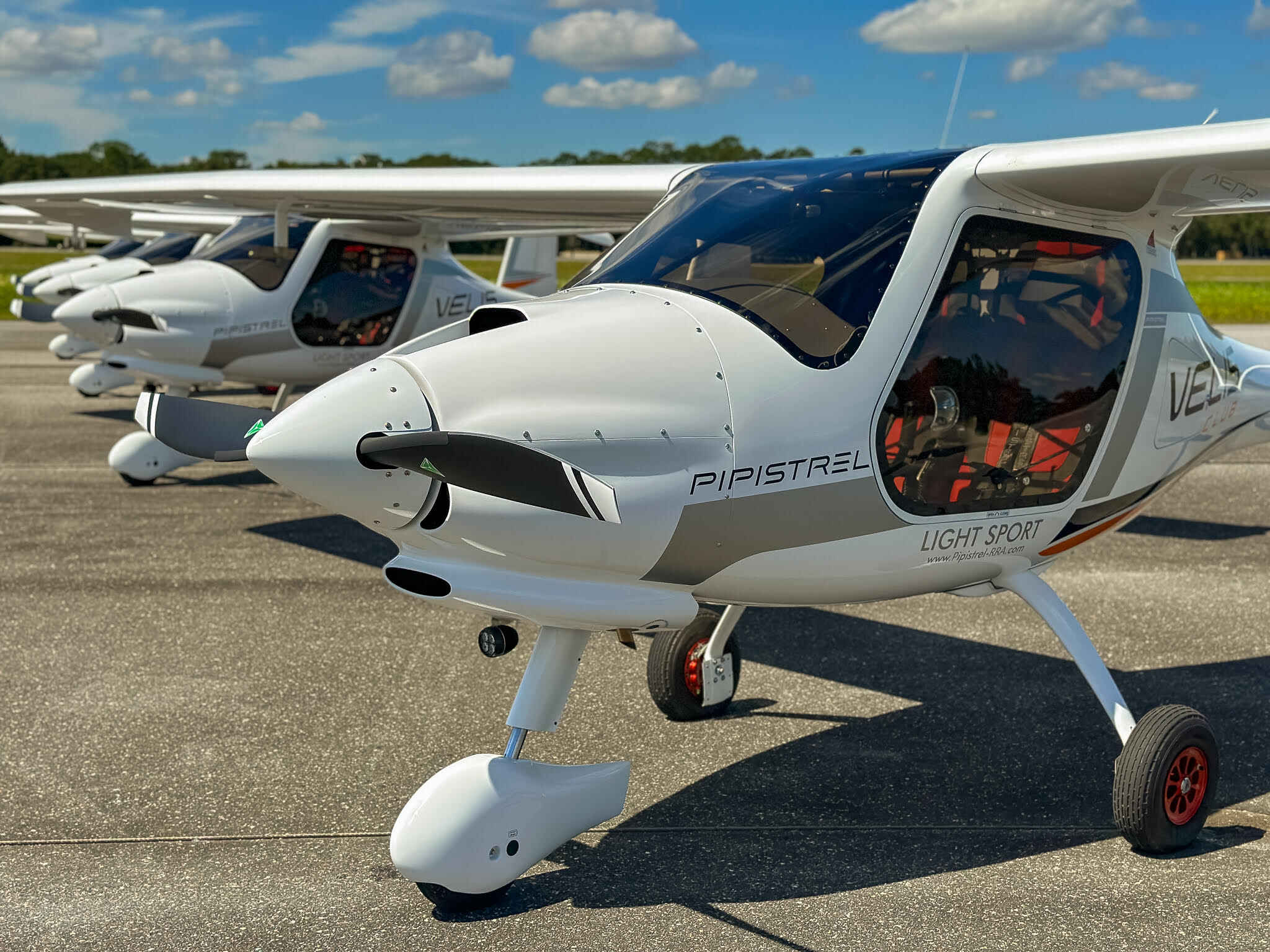 Source: Mesa Airlines
Source: Mesa Airlines
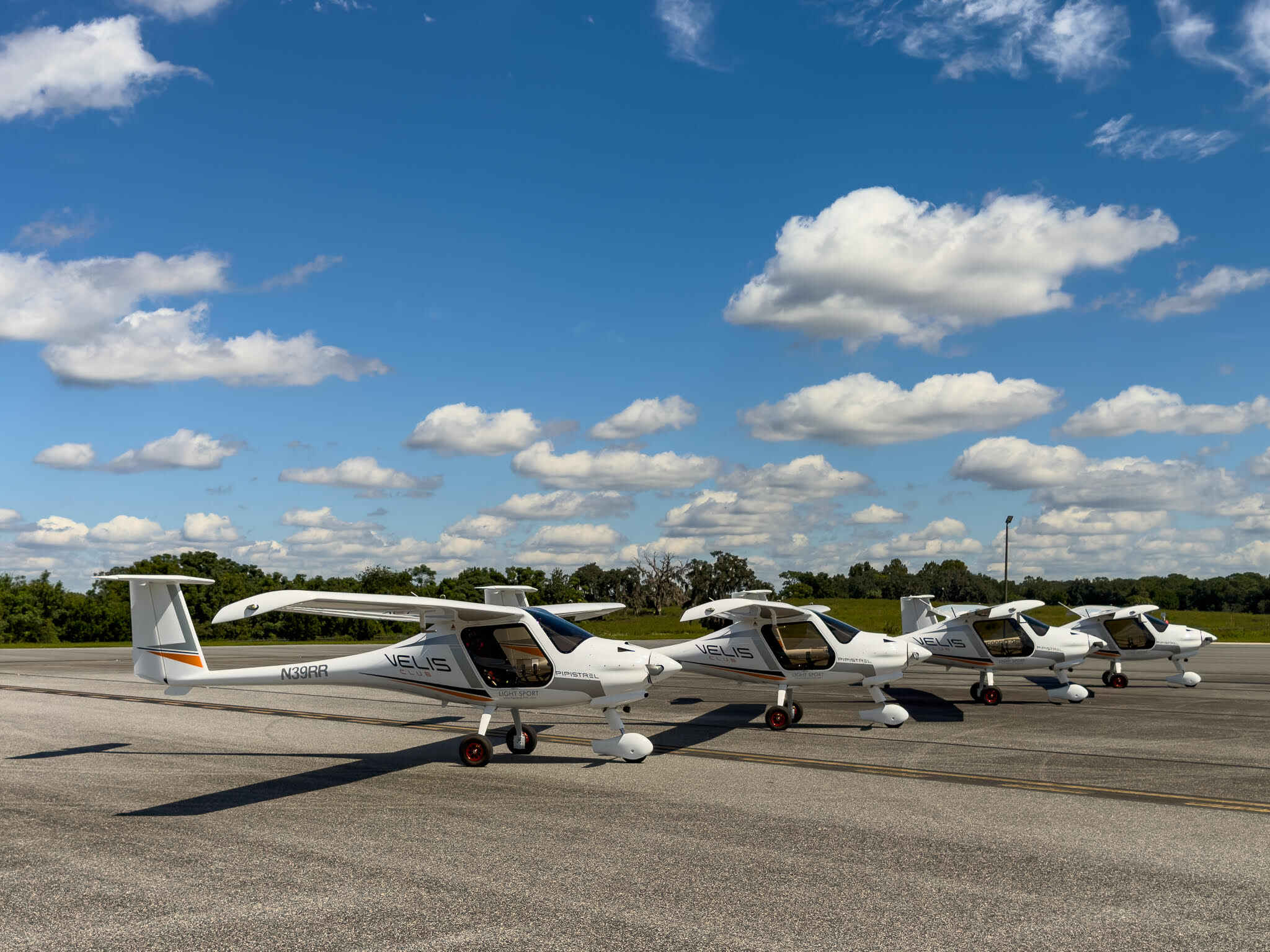 Source: Mesa Airlines
Source: Mesa Airlines
More From Bon Voyaged
-


The 20 Most Dangerous Cities in the World
-
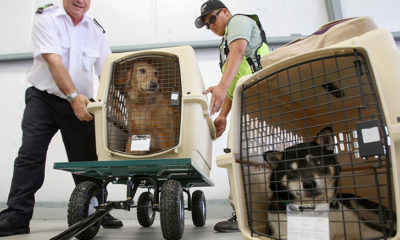

Tips for Flying With Your Favorite Pet
-


Canada Issues Warning to Citizens Traveling to the US
-


Romantic Escapes That Won’t Break the Bank—or Require a Passport
-


Travel Advisory Issued for Parts of Peru
-


Virgin Voyages Unveils Most Inclusive Offer Yet
-


Dollywood Officially Opens Massive Wildwood Grove Expansion
-


Exploring Dublin at Christmas and New Year
-


Spice Girl Mel B Lands New Gig as Ambassador for…
-


American Express Releases its Top Ten Travel Destinations For 2023
-


Fly Emirates and They Will Cover Your Funeral Expenses Should…
-


Volcom Expanding into Surf Travel Market


The Hidden Gem of Ireland: Why Northern Ireland Is a Must-Visit
When planning a vacation to Ireland, it’s tempting to focus solely on the well-known attractions of the Republic of Ireland....


26 Destinations That Are On Everyone’s List For Next Year
2025 promises to be a year of exciting travel opportunities, with destinations that offer unique experiences, rich cultural heritage, and...


Romantic Escapes That Won’t Break the Bank—or Require a Passport
The United States is filled with countless destinations perfect for a romantic escape that won’t break the bank. Whether you’re...


25 Reasons Why A Vacation Can Make Or Break A Relationship
Vacations are often seen as a perfect opportunity for couples to relax, reconnect, and escape the daily grind. But taking...

